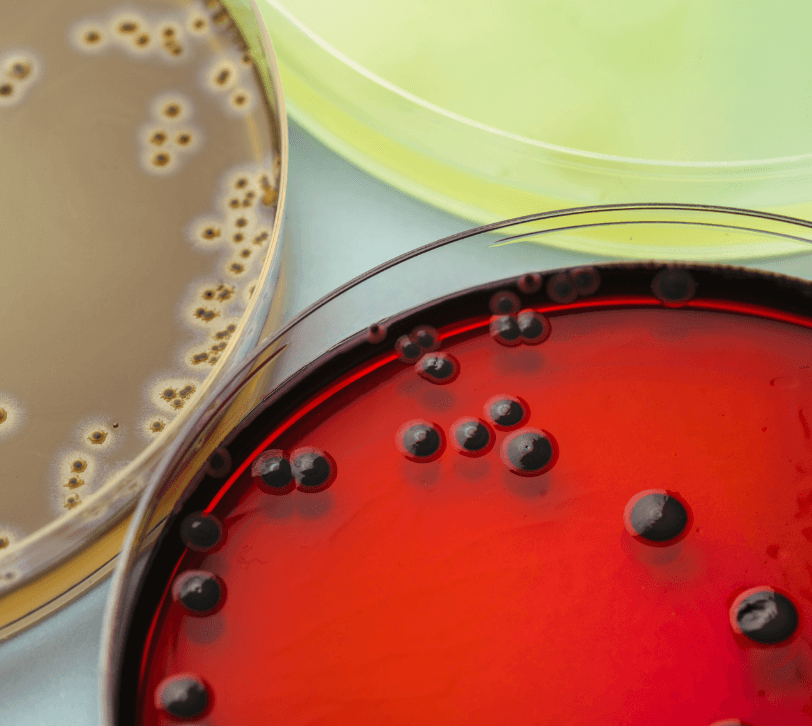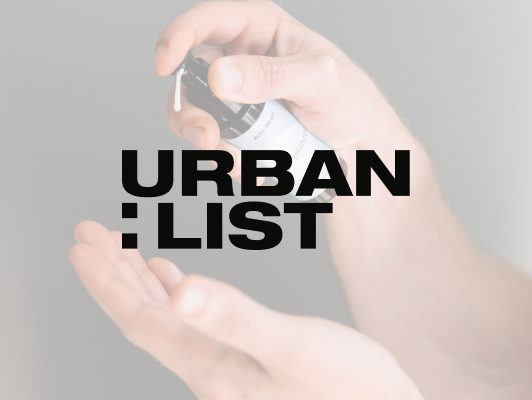What does your microbiome do?
Your microbiome does many important things for our health and survival (it is in your microbe’s best interest to look after you, as you are their home!). This includes:
+ regulating and maintaining your digestive and immune systems,
+ protecting you against germs and diseases,
+ breaking down food to release energy and produce vitamins, and
+ regulating your emotional wellbeing through regulation of hormones.
Did you know that up to 95% of our serotonin (known as the happy hormone) is manufactured in our guts with the help of key microbes!
You will be amazed to know that our emotional and behavioural states can also be altered by the microbiome. Many strains of gut bacteria produce and respond to the same neurochemicals that we do! For example, GABA, serotonin, norepinephrine, dopamine, acetylcholine and melatonin, just to name a few.
+ GABA is crucial for keeping brain networks properly balanced and inducing quality sleep;
+ Dopamine and norepinephrine help to regulate our motivation;
+ Acetylcholine affects our memory, movement and ability to concentrate; and
+ Serotonin is critical to feelings of wellbeing and calmness.

Your microbiome also plays a critical role in your immune health. For example:
+ It provides a protective barrier along the gut wall,
+ Prevents harmful microbes or toxins from entering the blood stream,
+ Allows vitamins and nutrients to pass through to the blood stream.
+ Continuously regulates your immune systems defences by producing molecules and chemical signals that interact and communicate with your immune cells.
This back-and-forth communication between your microbiome and your immune system allows for swift and effective action against harmful pathogens, whilst also preventing your body from overreacting to harmless substances (when this happens it is known as an ‘autoimmune condition’).

Did you know? Almost 70% of your immune cells can be found in your gut, making it one of the largest immune organs in our body!
Finally, the microbes in your body also play important roles in the breakdown of molecules and nutrients into biologically ‘active’ versions that are useful to our bodies. Without our microbiome performing these intermediate steps our bodies would be much less efficient at using some of these molecules. Molecules that our microbiome helps create are:
+ Estrogen, which is crucial for the regulation of both men and women’s reproductive health.
+ Vitamin D needs to be broken down by our microbes into a biologically ‘active’ form, and a recent study found that gut bacteria are closely associated with active vitamin D levels.
When the microbiome is in a state of disruption, it can no longer provide all these health benefits.
Instead, you may end up with a microbiome composition which causes you negative health effects. For example, an under performing or hyper-immune system, or systemic inflammation in the gut. Further, some microbes can actively trigger the release of pro-inflammatory molecules called cytokines. Inflammatory cytokines can disrupt brain neurochemistry and make people more vulnerable to experiencing poor-wellbeing and decreased cognitive function.
These are just a few of the most obvious functions that your microbiome performs. Year upon year, researchers are uncovering more and more links between human health and the microbiome. Therefore, making sure your microbiome stays healthy is crucial for your health and wellbeing.






